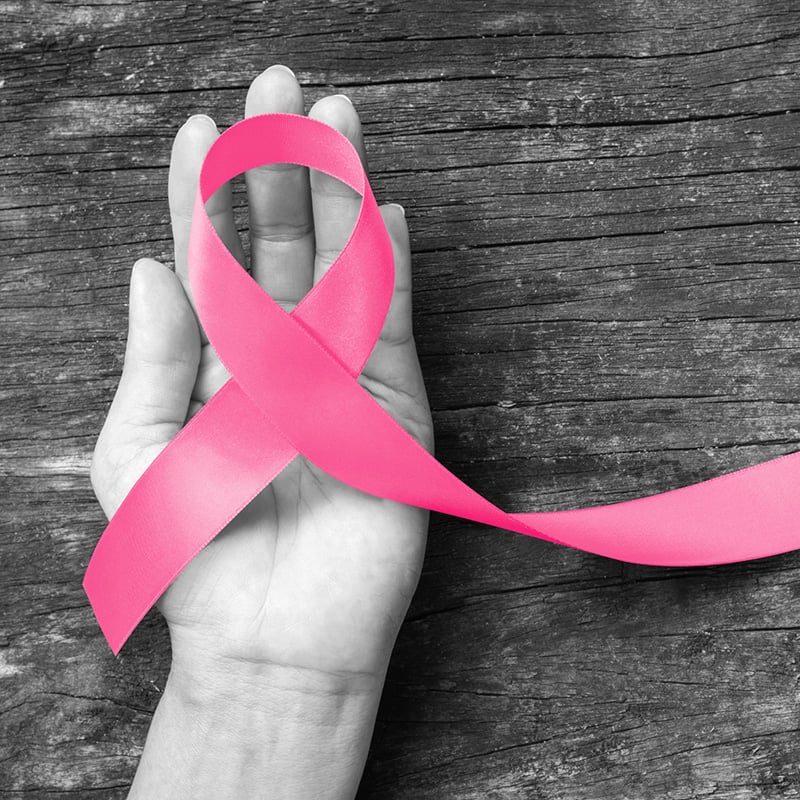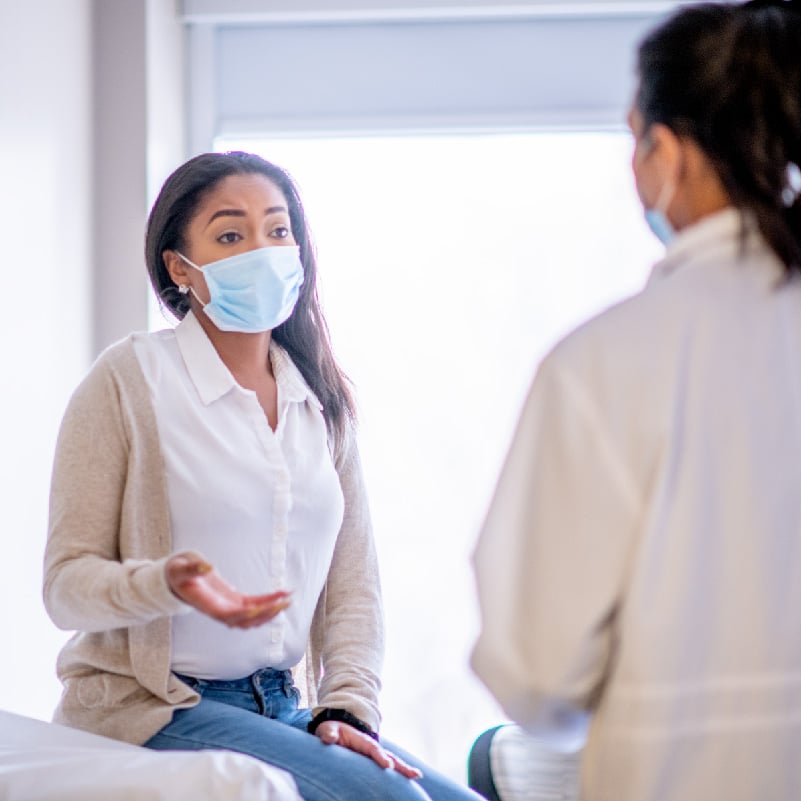Neglecting your own health can lead to more significant problems down the road. Paying attention to your body and knowing what ‘normal’ means to you is crucial in helping prevent serious conditions such as gynecologic cancer.
Sajeena Geevarghese, MD, serves as Executive Medical Director of Gynecologic Oncology at Rochester Regional Health. As part of Gynecological Cancer Awareness Month, she is encouraging women to have a more complete picture of their overall health.
Symptoms of gynecologic cancers
Being aware of your body and well-informed about early warning signs can give you an idea not only of when something might be wrong with your health, but when something may be more severe than you think. For example, abdominal complaints might be indicative of digestive problems, but could also signal serious problems such as a gynecological cancer.
The five main types of gynecologic cancers are ovarian, uterine, vulvar, vaginal, and cervical cancer. Each one has signs and symptoms women can be aware of.
Uterine cancer
- Postmenopausal bleeding
- Irregular bleeding between menstrual cycles
- Heavier and/or longer menstrual bleeding than normal
- Pelvic pain
Ovarian cancer
- Loss of appetite or feeling full quickly
- Gas, indigestion, bloating and nausea
- Frequent urination
Vulvar cancer
- Constant itching and/or burning of the vulva
- Change in skin color of the vulva or skin irritation, such as rash, sores, warts
Vaginal cancer
- Postmenopausal bleeding
- Pain or bleeding during intercourse
- Pelvic pain and constipation
- Vaginal mass
Cervical cancer
- Vaginal bleeding not related to your menstrual period
- Postmenopausal bleeding
- Pain or bleeding during intercourse
- Significant water or foul-smelling discharge
“Being in tune with your body and your baseline health can be crucial to knowing when something is not quite right,” Dr. Geevarghese said. “Preventing some of the most common types of gynecological cancers can be attributed to knowing the signs and symptoms, scheduling regular checkups with your provider, and speaking up.”
Prevention
Woman are strongly encouraged to see their gynecologist or primary care provider for a pelvic exam annually, and discuss any changes in their pelvic health or address any abdominal complaints.
Screenings are one of the most powerful tools in identifying and preventing these cancers. Providers at Rochester Regional Health are available for consultations, screenings, and exams.
“Symptoms such as irritable bowel syndrome, abdominal pain, loss of appetite, pelvic pain or pressure should warrant a conversation with your healthcare provider for further examination,” Dr. Geevarghese said.









